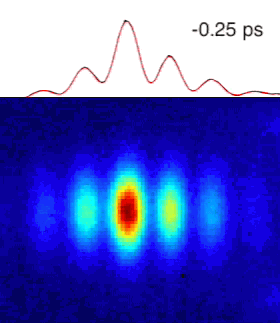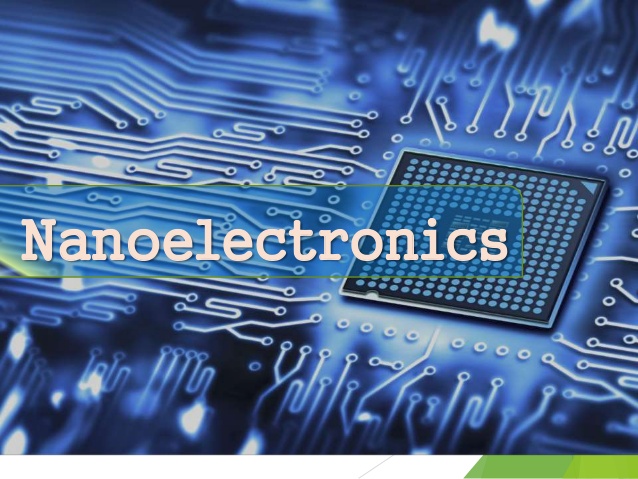_ Department of nano laser and electronics
Electronics and high energy intensity in Nano Laser Nano lasers (structure, performance)
Researcher and author: Dr. ( Afshin Rashid)
Note: Another feature of nano laser is the high intensity of energy at its focus point. Due to the fact that nano laser waves are moving at the same frequency, in a straight line and without phase difference, it can be expected that the amount of energy at the focus point is high. In the report, the intensity of energy at this point is more than 10-15 watts per square nanometer.
Laser has differences with ordinary light, and these characteristics cause its special abilities and applications. Laser light is brighter and more intense than natural light . Laser light can break the hardest metals and easily pass through a hard object like diamond and create a hole in it. The low-power and ultra-fine beams of other types of lasers can be used to perform very delicate operations such as surgery on the human eye. Laser light can be controlled with high precision and used as a continuous beam called continuous laser or fast bursts called pulsed laser . Unlike normal light, laser light has completely coordinated energy, which creates a lot of power to do different things in it. The word laser is from the first letters of descriptive words Its characteristics have been created, which means the amplification of light by the induced emission of radiation . The difference between laser beam and normal light is in the important properties that exist in this beam. These characteristics are: coherence, monotony, directness of high intensity. The mentioned properties cannot be seen in normal light and these properties are used for different tasks.
Nanolasers are limited to devices emitting electromagnetic radiation using light amplification by stimulated emission of radiation in wavelengths from 180 nm to 1 mm. The electromagnetic spectrum of nano laser includes energy from gamma rays to electricity. Nano laser radiation for current military and commercial applications includes ultraviolet, visible and infrared spectrum. Ultraviolet radiation for nanolasers consists of wavelengths from 180 to 400 nm. The visible region consists of radiation with a wavelength between 400 and 700 nm. This is the part we call visible light. The infrared region of the spectrum consists of radiation with a wavelength between 700 nm and 1 mm. The nano laser beam absorbed by the skin penetrates only a few layers. In the eye, visible and near-infrared radiation passes through the cornea and is focused and absorbed by the retina. It is the wavelength of light that determines the visible sense of color: violet at 400 nm, red at 700 nm, and other colors of the visible spectrum in between. When radiation is absorbed, the effect on the absorbing biological tissue is photochemical, thermal or mechanical: in the ultraviolet region, the action is mainly photochemical. In the infrared region, this action is in temperature.
Conclusion :
Another feature of nano laser is the high intensity of energy at its focus point. Due to the fact that nano laser waves are moving at the same frequency, in a straight line and without phase difference, it can be expected that the amount of energy at the focus point is high. In the report, the intensity of energy at this point is more than 10-15 watts per square nanometer.
Researcher and author: Dr. ( Afshin Rashid)
Specialized doctorate in nano-microelectronics





